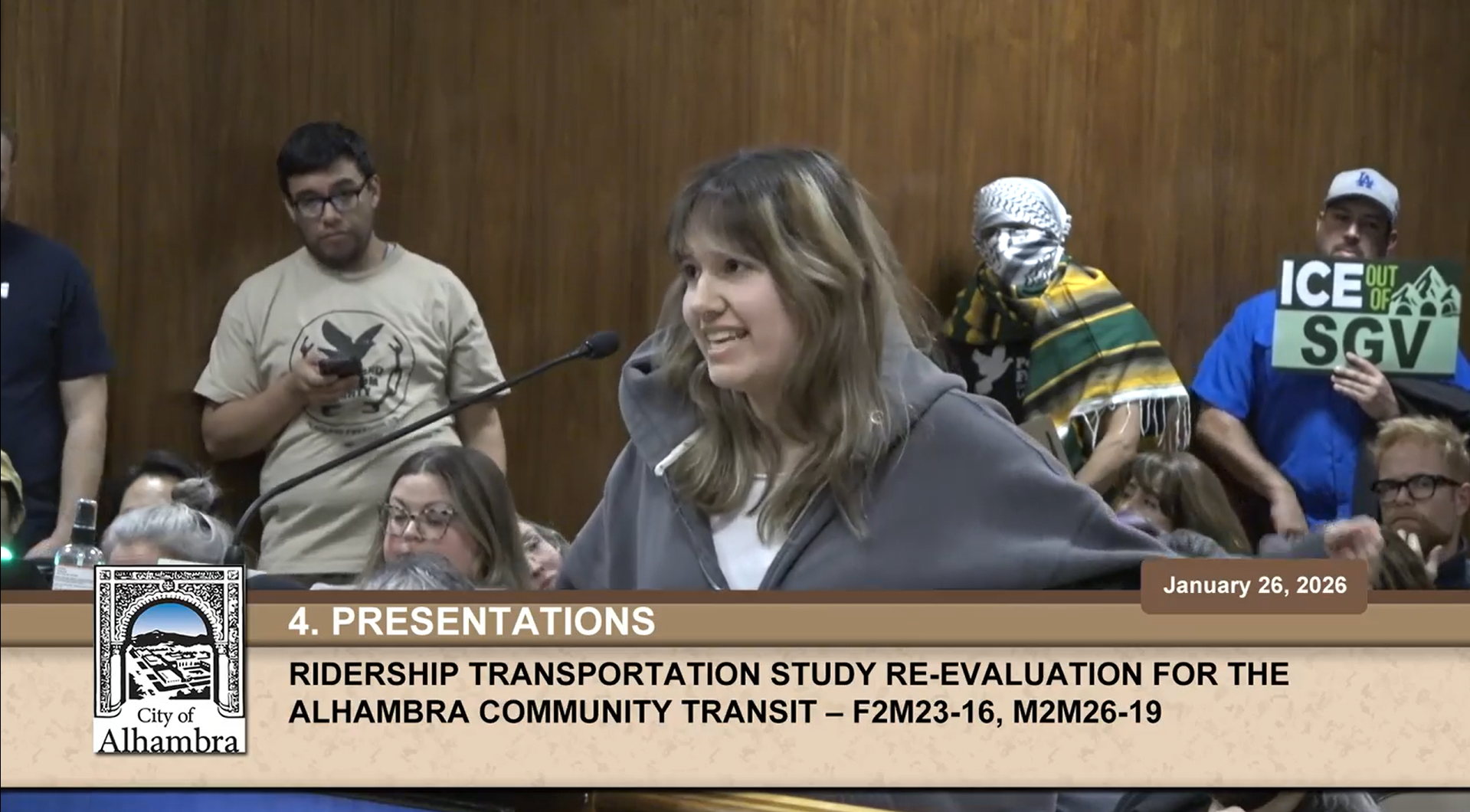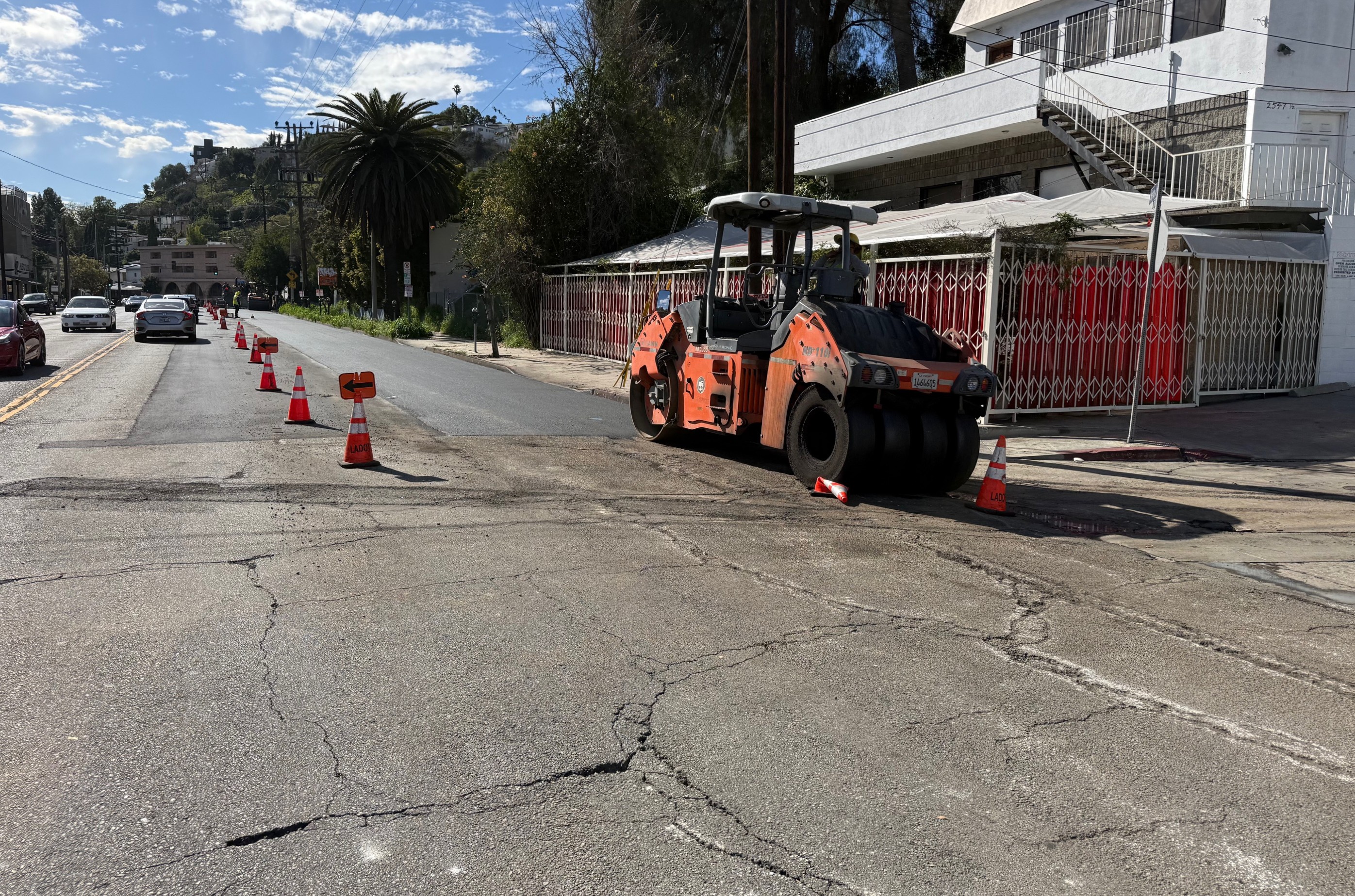“Our transportation problems are easy to see but often difficult to explain.”
That's how Transportation Secretary Anthony Foxx opened his virtual town hall meeting on the theme “Moving from Uncertainty to Long-Term Transportation Investment” this afternoon.
“We have signs that warn you when traffic is ahead,” he went on. “But those signs don’t always tell you why the traffic exists or why rush hour seems to keep getting longer and longer.”
U.S. DOT held the town hall at a key moment: the first week of the long Congressional recess, with the nine-month extension of current transportation law awaiting President Obama’s signature.
Obama and Foxx are promoting their Grow America Act, a four-year, $302 billion transportation proposal that would be funded with revenues from business tax reform. While the Grow America Act has a far more multi-modal vision than current law and includes many innovative policy proposals, it’s been greeted with a dismissive shrug from Congress.
It must be a frustrating time to be in charge of the nation’s transportation program. Foxx dotted the session with pleas to listeners -- more than 3,400 of them, according to a tweet by U.S. DOT -- to urge members of Congress via phone, email, or social media to #investnow. Yes, they created a hashtag. “The country needs to get noisier on this,” he said.
Foxx tried to make the case that this was a unique moment in which to make change -- “I don’t know another moment will strike us quite like this moment” -- which seems unlikely, since we’ve had 28 of these moments in recent years. Foxx himself noted that the current nine-month patch is the 28th short-term measure Congress has passed in recent years to fund transportation.
He was especially aggrieved that the current stopgap will expire at the start of the 2015 construction season, making it hard for states to plan large projects. Funding in “fits and starts” is especially challenging for transit agencies, he said, because rolling stock is so expensive and municipalities often rely on federal grants to pay for them.
To his credit, Foxx said policy makers need to address “not just the funding issue but what we’re doing with the funding.”
“Are we building freight systems?” he said. “Are we working to ensure local communities have more choice about how their federal dollars get spent? Are we working to ensure that we’re creating not only investments but jobs in the communities where these projects are being done?”
If he had full funding, Foxx said his top four priorities would be 1) to stabilize the Trust Fund so states and communities could plan projects, 2) to build a robust freight program with the ability to carry out large, multi-state projects, 3) to keep trying to speed up projects, finishing what would have been 12-year timelines in six years, and 4) to engage the “private capital sitting on the sidelines that could be put to work rebuilding American infrastructure.”
Freight was a focus of Foxx’s remarks. “At DOT we know that by 2050, we’ll have to move almost twice the amount of freight in our country,” he said. “We also know we won’t be able to do it with our current freight system. Why? Because our freight system isn’t much of a system. Our roads and rails and ports aren’t always well connected and in many cases pieces of that system are deteriorating.”
Echoing Transportation for America, Foxx mentioned several times the need for local communities to have more say over what they build and how money is used. The Grow America Act would include more authority for local jurisdictions.
The bill would also fold rail into the Highway Trust Fund -- an idea Foxx also promoted in his remarks -- and give it a long overdue name change to the Transportation Trust Fund.
Foxx took a question from the American Public Transportation Association’s watch party about how to reduce red tape for transit, and “as result of the question,” promised to ask his team to try to move some projects through a new process that reviews projects concurrently, not sequentially. His chief of staff, who was moderating the discussion, made a note of it on the spot.







